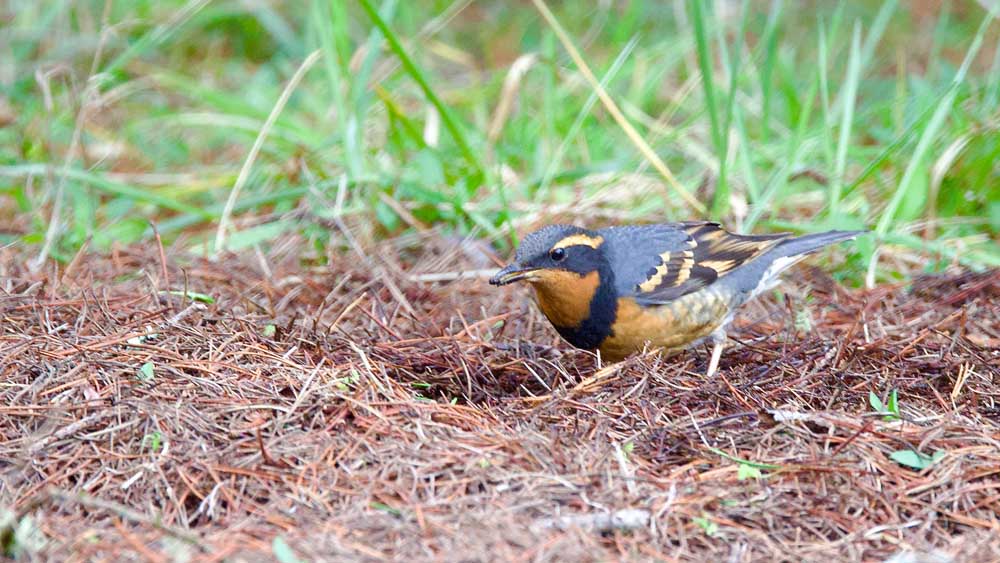Birding: More backyard birds of the Peninsula
Published 9:34 am Wednesday, October 18, 2023

- Varied thrushes are are in my yard searching through the leaf litter for their favorite foods.
More backyard birds are making their presence felt in the yard. Even when it rains, they come to the birdbath for a drink of the cool, clean water. Others are still scratching in the leaf litter for seeds, insects, beetles, spiders, and moths.
Trending
Last week, my friend Gretchen reported on the robin party going on in her yard. A few days ago, she updated her report. She said, “The ash tree is completely bare now. Party over.” There are still many American robins around, not all will fly south. Many will linger, especially if their food sources are plentiful.
Sparrows and wrens are dominating the yard especially in shrubby and bushy areas. As mentioned last week. Song sparrows abound and now so do golden-crowned sparrows. They are giving away their presence with their calls. They can easily be seen along the roadsides and in the shrubbery on both sides of the roads in addition to backyards. Bewick’s wrens are also calling. It loves the birdbath!
Hermit thrushes are here. They seem to frequent the same habitat as the Swainson’s thrushes do during the breeding season. Spotted towhees forage in the backyard everyday now. I am seeing male towhees for the most part but am keeping an eye out for the females. Cedar waxwings are not as common right now in the backyard as they were a few weeks ago. Because their favorite food, fruit, and berries, have been eaten they will move on, just like Gretchen’s robins.
Trending
A pair of Anna’s hummingbirds are in the yard, visiting their special nectar feeder every day, but less frequently than during the breeding season. There are still plenty of flowers with nectar and insects to satisfy their hunger. Come the cooler months, when the fuchsias and other flowering plants are no longer in bloom, I expect to see them more frequently. Occasionally, another male enters the backyard but is summarily sent on his way by the resident male. It takes several tries before the interloper leaves.
Waterbirds of the peninsula will soon be on the list for an article. So far large numbers of ducks and even geese are not being seen. Until then, happy birding!








